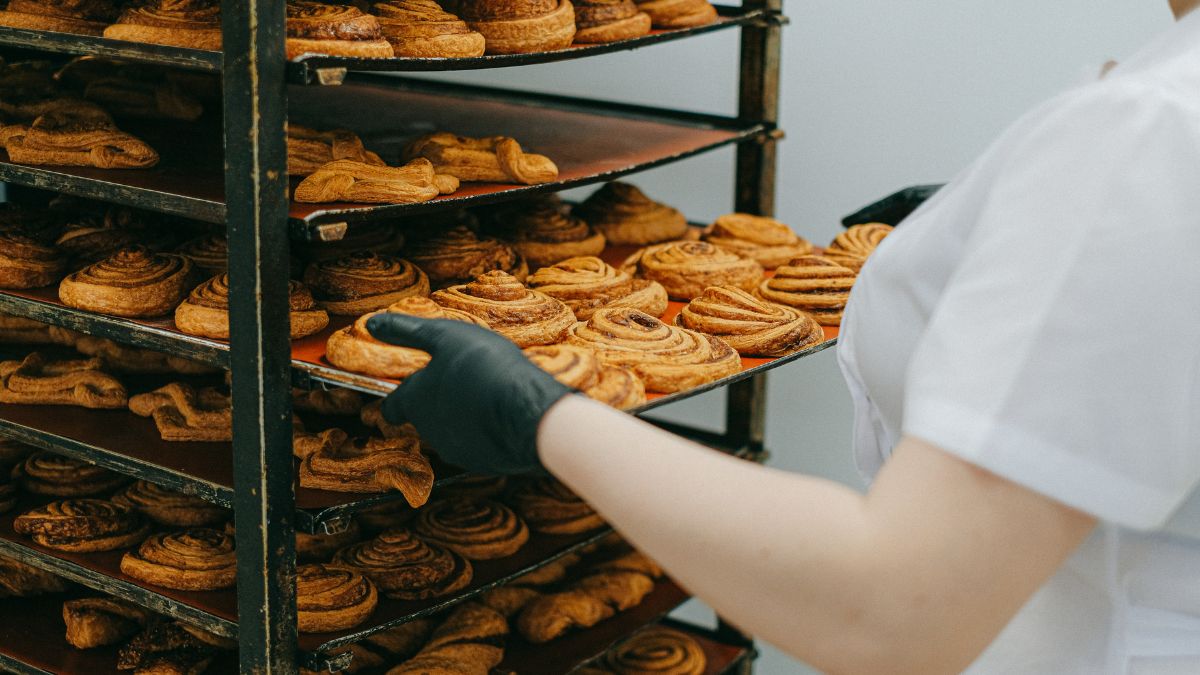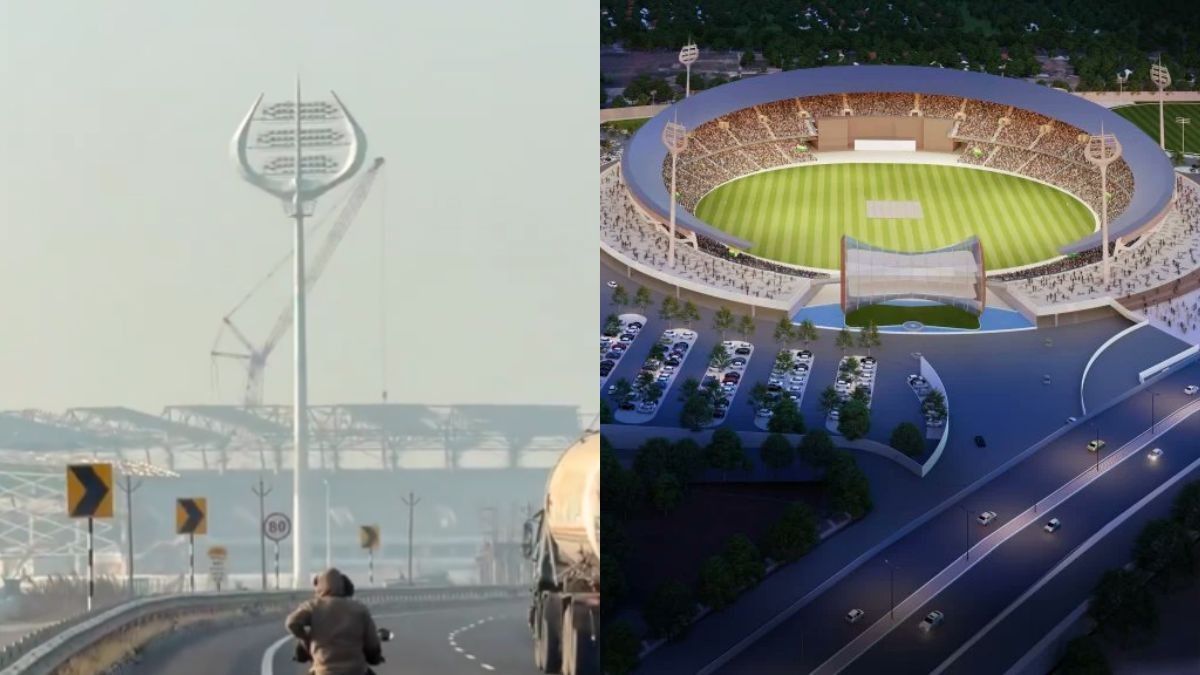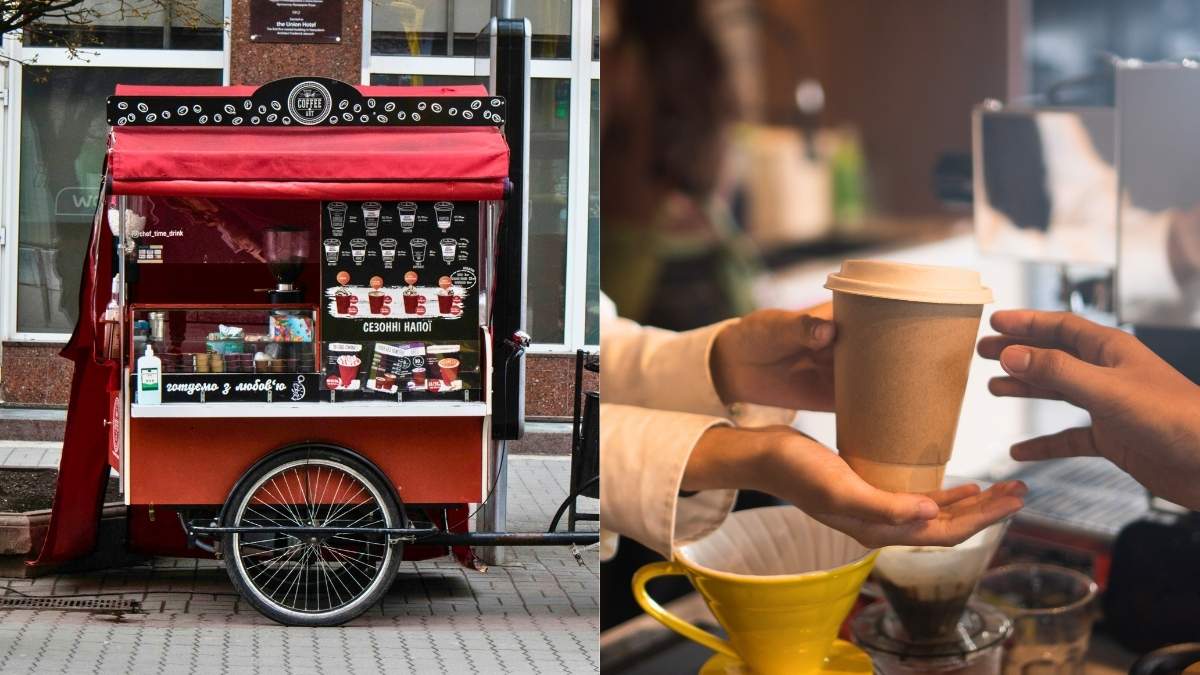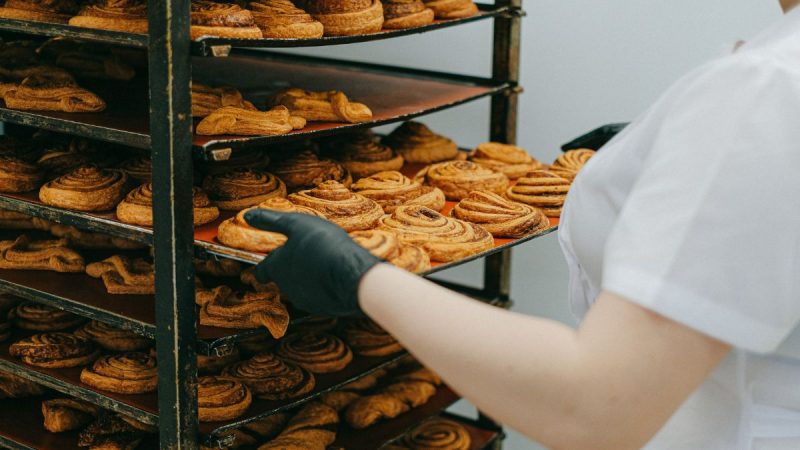The Brihanmumbai Municipal Corporation (BMC) has issued a new mandate for Mumbai bakeries. By 2027, all Mumbai bakeries must switch to cleaner fuels to tackle the city’s air pollution. This move aligns with the National Clean Air Programme (NCAP) and aims to reduce harmful emissions from the bakery industry.
BMC Mandates Mumbai Bakeries To Transition To Cleaner Fuels

A recent study conducted by the Bombay Environmental Action Group (BEAG) highlights the urgent need for this change. The study, titled Envisioning a Sustainable Bakery Industry for Mumbai, surveyed over 200 bakeries. It found that a significant number of these bakeries still rely on wood-fired ovens. These ovens emit harmful pollutants such as particulate matter (PM), carbon dioxide (CO2), carbon monoxide (CO), methane (CH4), and volatile organic compounds (VOCs).
Wood-fired ovens are a major contributor to Mumbai’s air pollution problem. According to the study, 47.10 per cent of the surveyed bakeries primarily use wood as fuel. Most of this wood is scrap, sourced from old furniture and buildings. This is a cheaper option than logwood but comes with severe environmental consequences.
Also Read: Mumbai: Aarey Milk Colony Women Forced to Walk In Darkness Due To Non-Functional Street Lights
Wood-Fired Bakeries
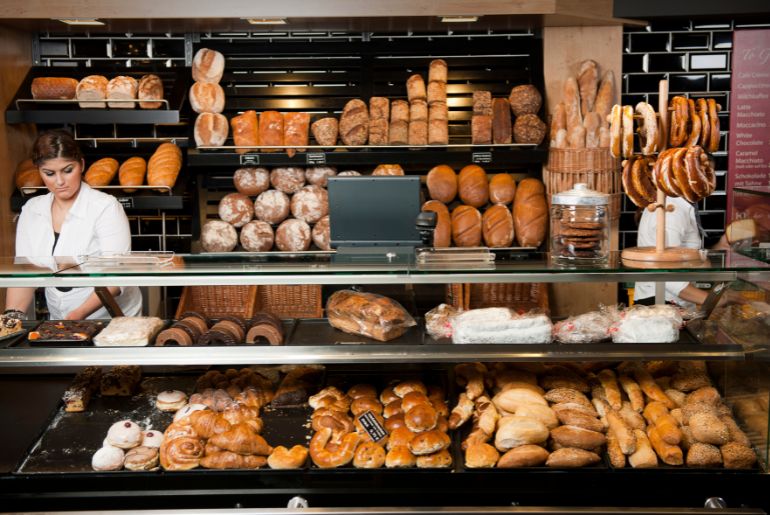
Larger bakeries burn between 250 to 300 kg of wood daily. On average, wood-fired bakeries consume around 130 kg of wood each day. This affordability drives the continued use of scrap wood, despite its negative impact on air quality.
The emissions from wood-burning ovens are dangerous. They release PM10 and PM2.5 particles, which are small enough to enter the lungs and cause severe health problems. These particles are linked to respiratory and cardiovascular diseases. Furthermore, the burning of wood produces VOCs, which can lead to cancer, asthma, and other serious health conditions. VOCs also contribute to the formation of ground-level ozone and haze, worsening the city’s pollution levels.
Electricity is the second most common fuel used by bakeries, with 28.10 per cent of bakeries relying on it. Other fuels like LPG, PNG, diesel, and hybrid options are used by fewer bakeries, with LPG and electricity being used by 20.90 per cent.
This mandate is a crucial step towards a cleaner, healthier Mumbai. By requiring bakeries to adopt cleaner fuels, the BMC is addressing a significant source of pollution in the city. The shift to cleaner energy sources will not only improve air quality but also protect the health of Mumbai’s residents.
Cover Image Courtesy: Canva (Representative Image)
For more such snackable content, interesting discoveries and the latest updates on food, travel and experiences in your city, download the Curly Tales App. Download HERE. First Published: August 26, 2024 3:46 PM
